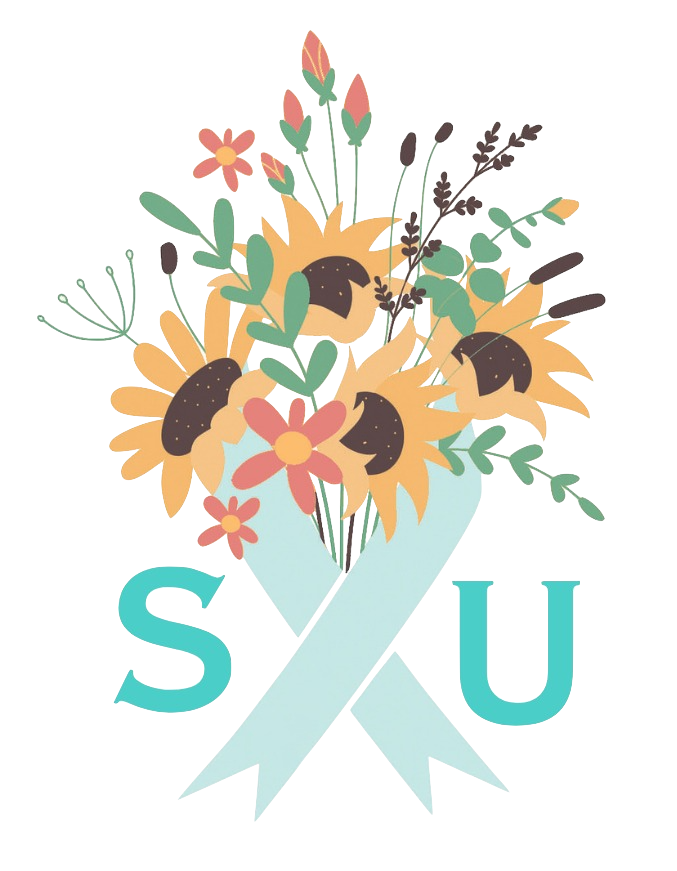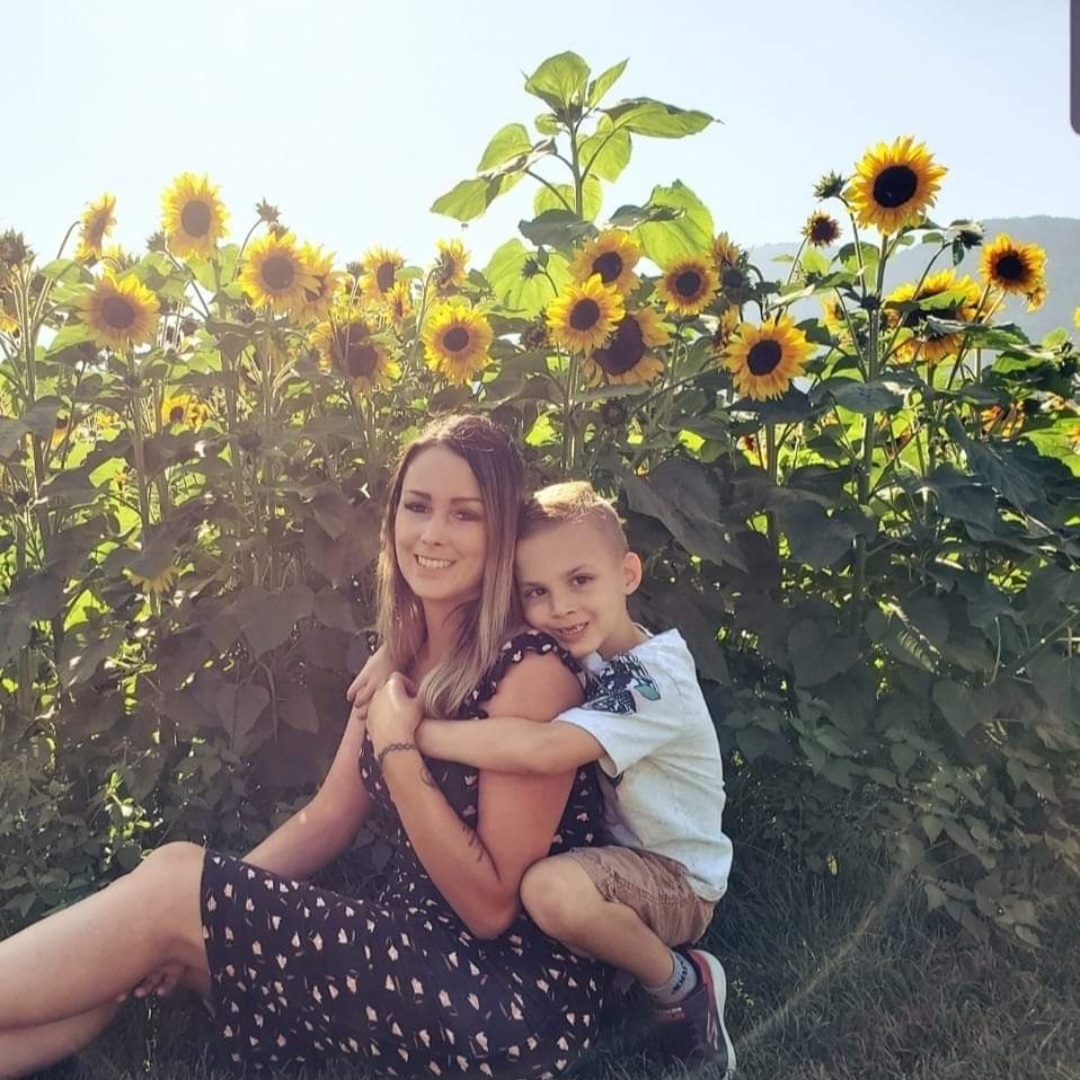Sarah Bryant
British Columbia (Canada)
SARAH BRYANT
Scleroderma Stories Issue 4
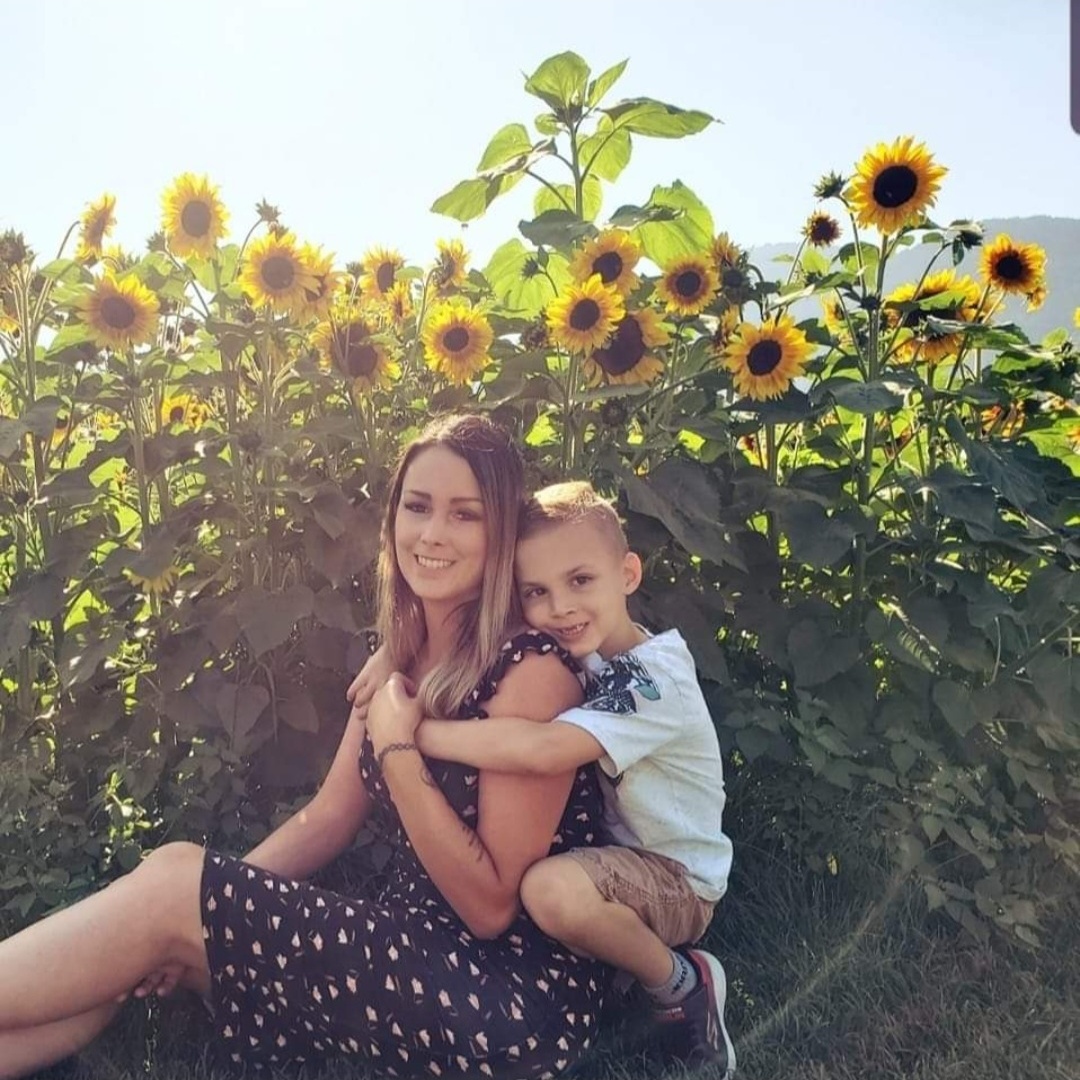
Please introduce yourself
My name is Sarah Bryant. I am 35 years old and from Canada. I’m a single mother to a 9 year old boy.
When did you start seeing symptoms?
I was married at the time, and my wedding ring wasn’t fitting anymore. I kept having them change the size, and I didn’t realize what was going on. My fingers started to swell. I couldn’t make a fist like I used to, and my skin was dark and tight.
I had my son in 2013, and I noticed something was off while I was pregnant. By 2014-15, my fingers were turning blue. Sometimes one finger turned white when I went for a walk. I didn’t know what it was. I went to my doctor, and she thought it was Raynaud’s. She told me not to worry about it. Five weeks later, my entire hand and feet were turning white; they were also numb. Then she referred me to a rheumatologist.
I went to the rheumatologist, and he noticed dry skin on my forearms. He did some blood work, after which he told me I had systemic sclerosis in 2016.
How did you react to the diagnosis?
The rheumatologist didn’t tell me much about it at the time, and I still remember going into my car and Googling about it, which was the worst idea since it only showed the worst case scenarios, and that scared me. I thought my life was over right then. I fell into a deep depression. For about a year after that, I was just reading about every little symptom I had. It took over my life.
What helped me were the antidepressants and anti-anxiety medications. I’ve come to terms with it now, and it’s not as bad.
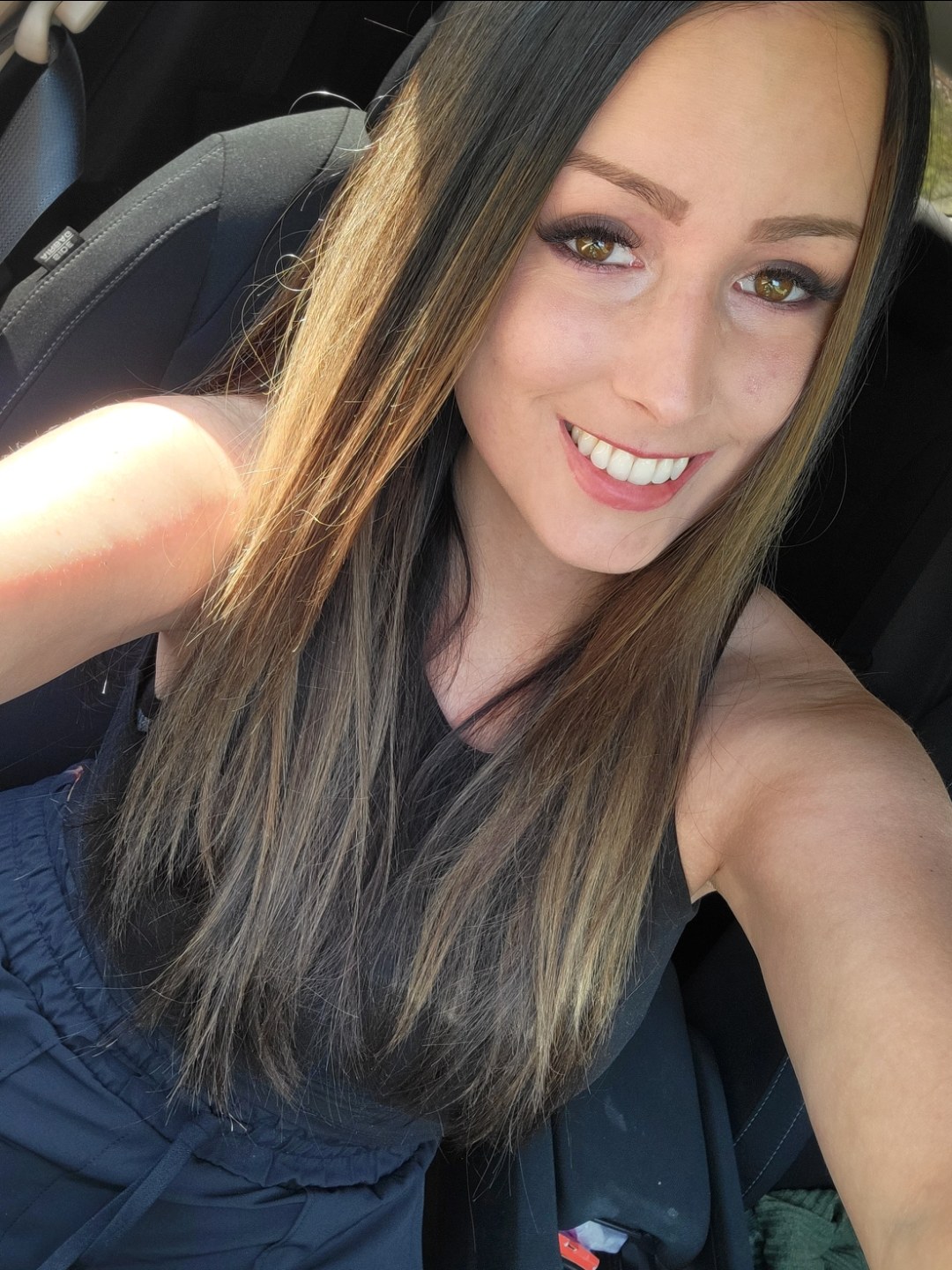
Have symptoms progressed?
It started off with the dry skin on my arm and did not progress until 2017. It was hard to breathe after climbing the stairs. And then I was diagnosed with interstitial lung disease.
The first medication we tried was methotrexate and I had to self inject it. I only did it for maybe a month, but the symptoms were too much for me—it made me too sick. Then, we tried mycophenolate at a small dose, which wasn’t really helping either. My lungs were still deteriorating.
How has this impacted your daily life?
Before having my son, I worked at a bakery and a grocery store for 10 years, which I enjoyed. However, now I cannot walk into a grocery store without feeling numb. Returning to my previous jobs was not an option, so I have not worked much. I did start working part-time at a Starbucks in another town, but my lung condition worsened, and I found it difficult to keep up with the fast-paced work.
Last year, in August and September, I started working again at a Starbucks in my hometown. It has been going well because I informed them of my health problems and schedule as a single mother. However, I do get out of breath with certain tasks, which can be challenging because some of my colleagues are unaware of my condition.
What do you enjoy doing?
My life revolves around my son, and we do everything together. While I am still able, I try to do as much as possible with him and cherish the time we have. We go for walks, travel around British Columbia, try new restaurants, and attend fundraising events for rare diseases.
My son enjoys skateboarding, and we also attend conferences where we can meet other patients and specialists who provide valuable advice and support.
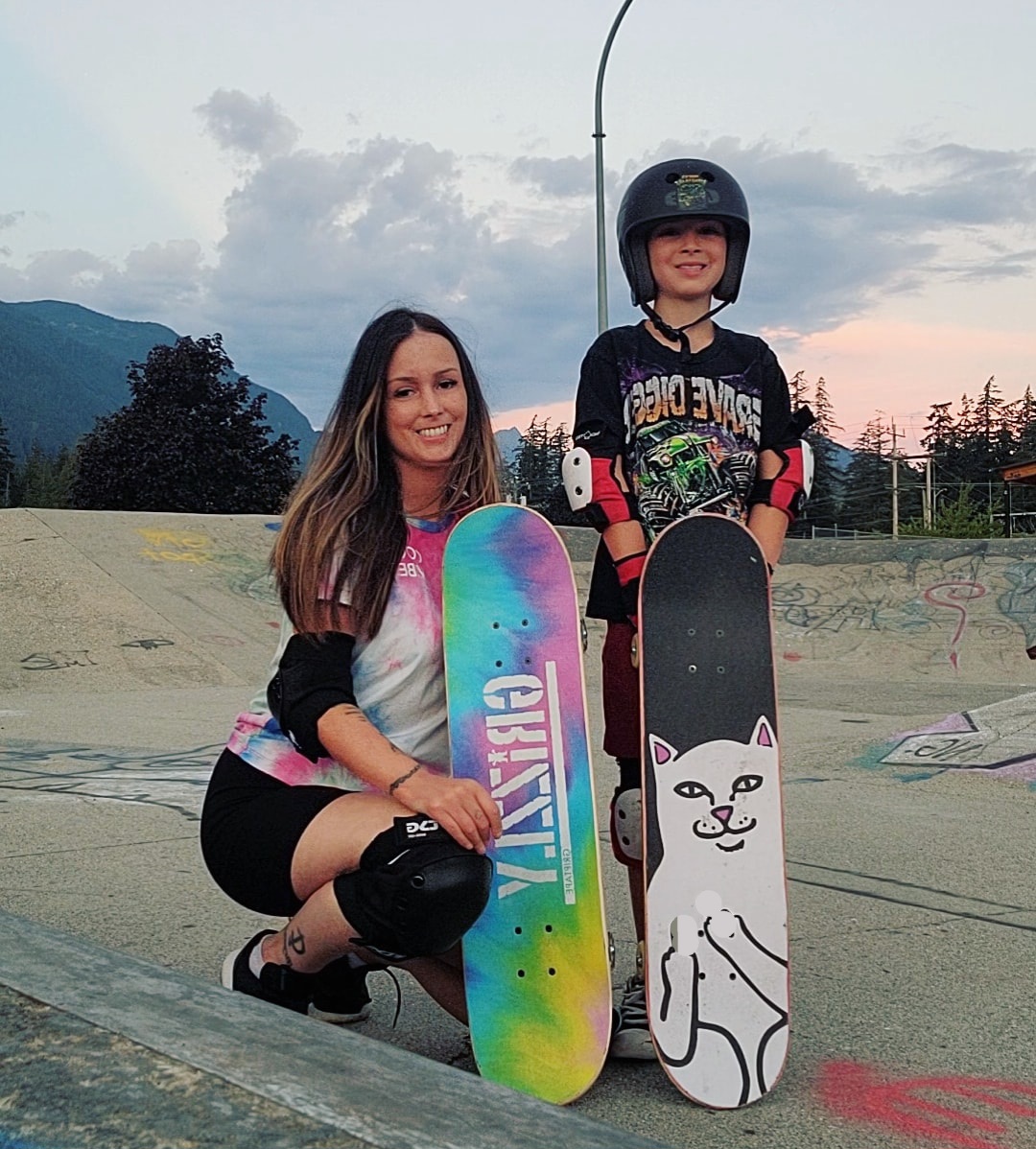
Have you found any treatments helpful?
By 2020, we tried a higher dose of mycophenolate, but it didn’t help. The doctors told me that I could either try to get on the transplant list for a lung transplant or I could go for a STEM cell transplant or do rituximab infusions every six months alongside the mycophenolate.
Since I did not have much emotional support, family, or anybody to take care of me after a transplant, I went for the infusion. I started that about a year ago. The first infusion actually wasn’t rituximab but something really similar. Anyway, I had a bad reaction, so now I am just on rituximab.
It has been going really well so far—it hasn’t made my lungs better, necessarily, but it’s evened them out. Mycophenolate, which is the same thing as Cellcept, has really helped, honestly.
In the beginning, I was not taking my medications like I should have, and because of that, my lungs kept getting worse, and my doctor was really upset with me. Now I am taking my medications and having my rituximab infusions, and it’s helped me the most. My lung function is pretty stable at the moment.
How have your experiences meeting other patients been?
I have thoroughly enjoyed meeting other people who understand what I’m going through. I’ve attended a few conferences in Vancouver where specialists give talks and patients can connect with one another. It has been an incredibly positive experience, as I have received a wealth of advice and it’s just comforting to connect with others who are going through similar struggles. Additionally, last year, I participated in a fundraising walk in Kamloops where I met even more people with my condition.
Interestingly, I recently encountered a woman with the same condition as me in a nearby mall. I had seen her twice in the past week and knew she had scleroderma, which is rare to come across. After mustering up the courage, I approached her and asked if she had heard of scleroderma. She confirmed that she had it and showed me her hands, which nearly brought her to tears because she had never met anyone with the same condition.
We had a meaningful conversation about it, and she expressed that she typically does not attend conferences or events like the ones I had gone to.
Are you a part of online groups?
I am in contact with members of the community through Facebook support groups all the time.
Newly diagnosed patients often reach out to me, and I provide them with advice and support. I also occasionally meet up with a couple of ladies for coffee to stay connected.
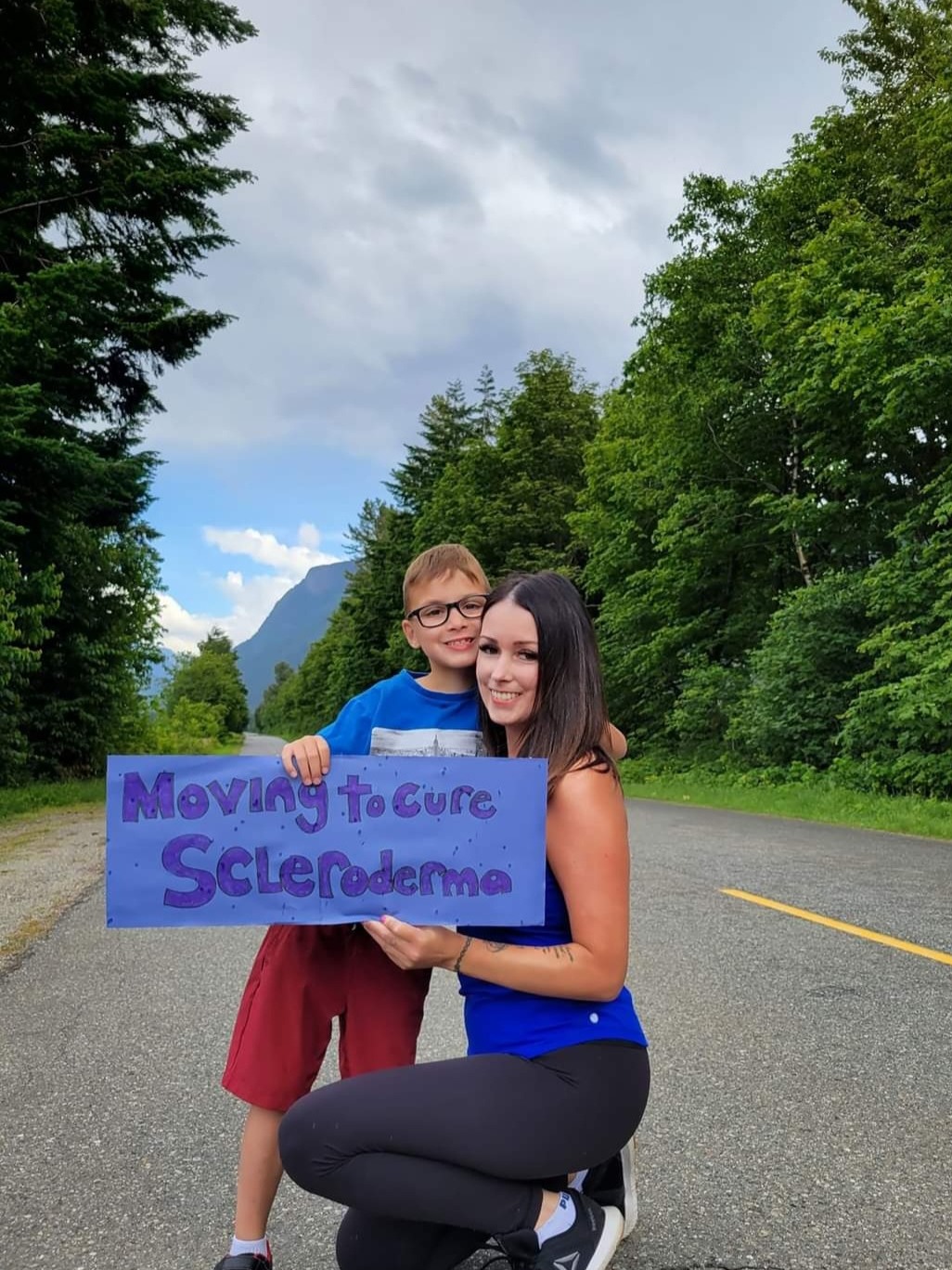
As a mother, do you face additional challenges?
When I was diagnosis, my son was young. Now, he’s aware of my condition, even though he’s only 9.
I have limitations on certain activities with him, especially during cold weather. I experience stiffness, tiredness, and anemia, which my son may not understand, causing him to call me lazy at times. It has been a challenge since my diagnosis, and I have had to rely on family members for help taking care of him.
Have you been open with family and friends about it?
I am open about my disease with my family and friends. At work, I haven’t shared much because it’s not relevant, but all my friends know about it. It was a little awkward in the beginning because they didn’t know what to say and were scared for me, but they were supportive.
I’m really close to a lot of my friends, but we don’t see each other that often. I have a close friend named Katie who has been there for me throughout all of it. My mom is also supportive, but she’s sick.
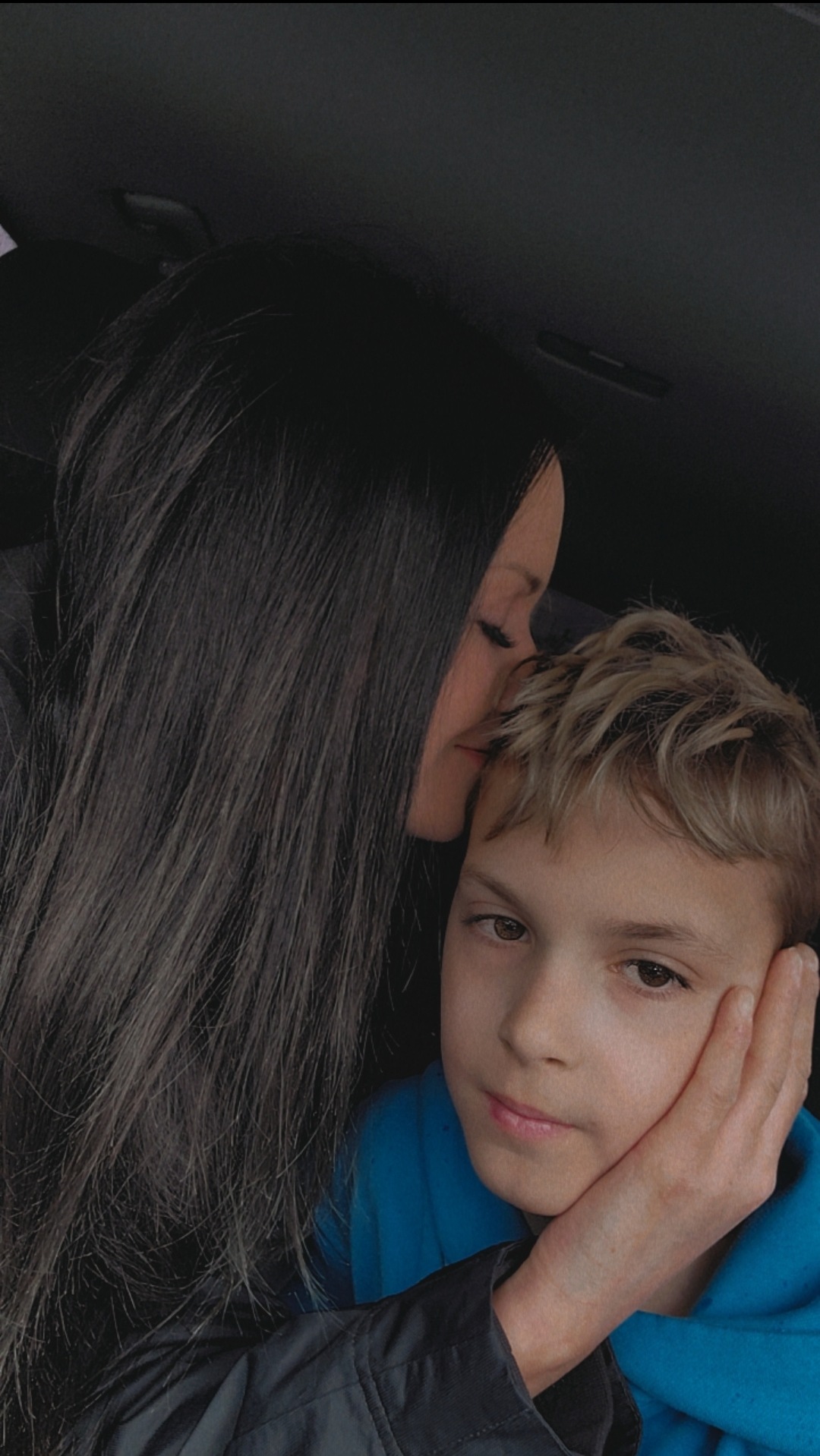
What lifestyle modifications have you made after being diagnosed?
Before being diagnosed, I had plans for the future, but after being diagnosed, I’ve learned to live day by day. It’s tough, and I’ve seen stories of people who have passed away from being scared of my condition. I try to do as much as I can, but I look at things differently.
Self-advocacy has been a huge thing for me because I had to take control of my treatment and call my doctors to get the right infusion. I’d like to be in remission and be able to deal with the symptoms I have.
What is something you wish you knew when you were diagnosed?
I wish I knew that scleroderma is not a death sentence. Different forms of scleroderma have different effects, and every person has a different experience. Don’t worry too much, and reach out to support groups instead of relying on Google.
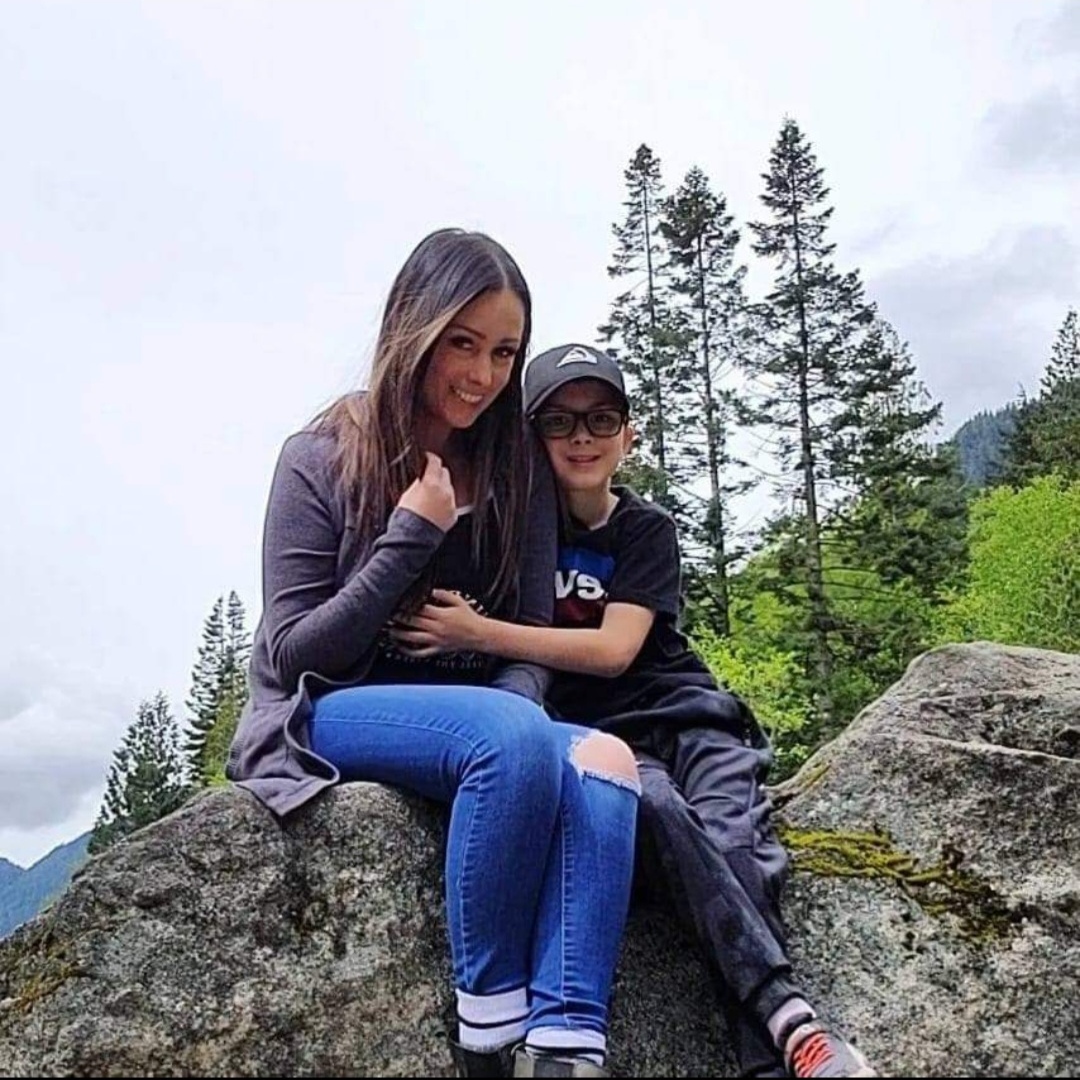
What advice would you give to other people with scleroderma or other chronic illnesses?
Try to live your life and find support from friends, family, or support groups. Self-advocacy is essential, and don’t rely solely on Google for information.
Be sure to follow us on Instagram and Facebook (@sclerounited) to see more scleroderma warriors’ journeys in our weekly Sclero Sunday series.
Are you a scleroderma warrior? We’d love to interview you for Scleroderma Stories! Please visit tinyurl.com/share-my-sclero-story or email us at contact@sclerounited.us
